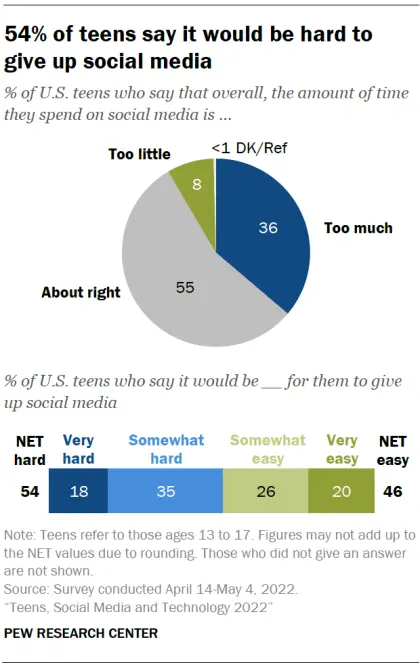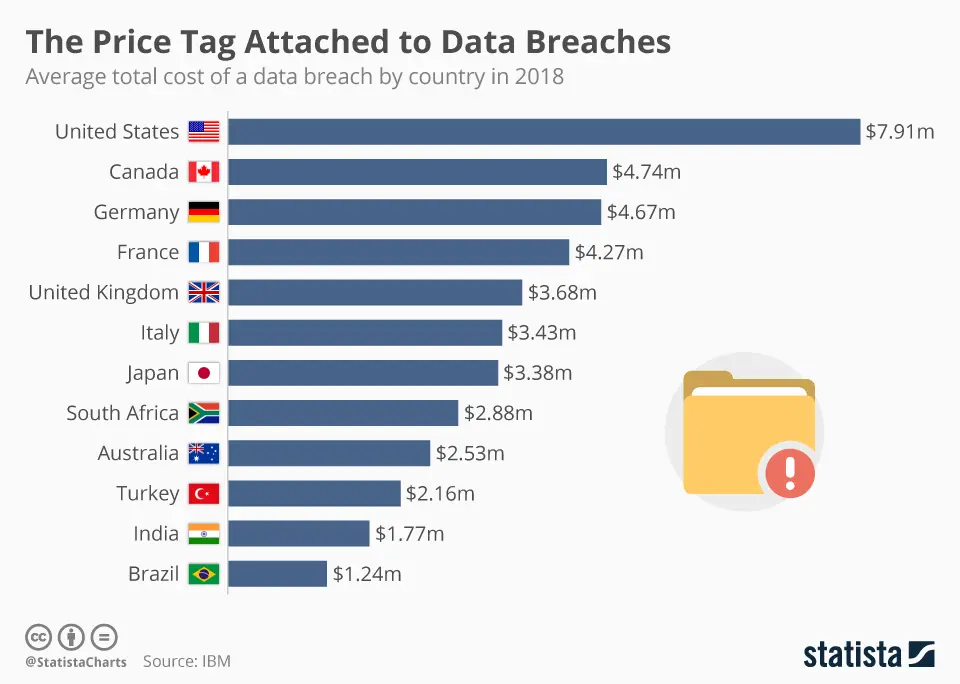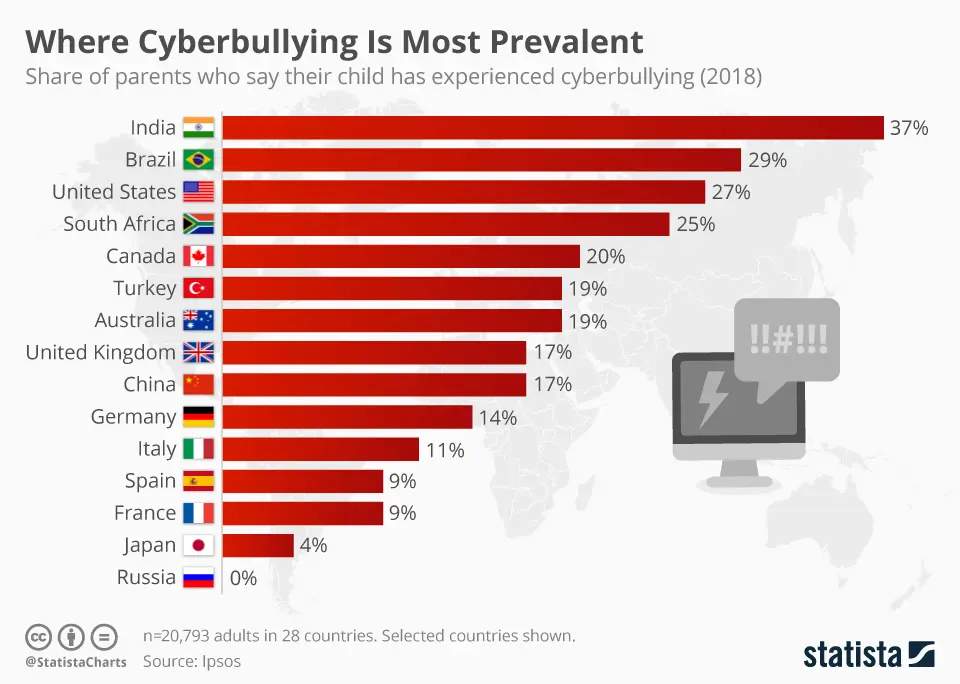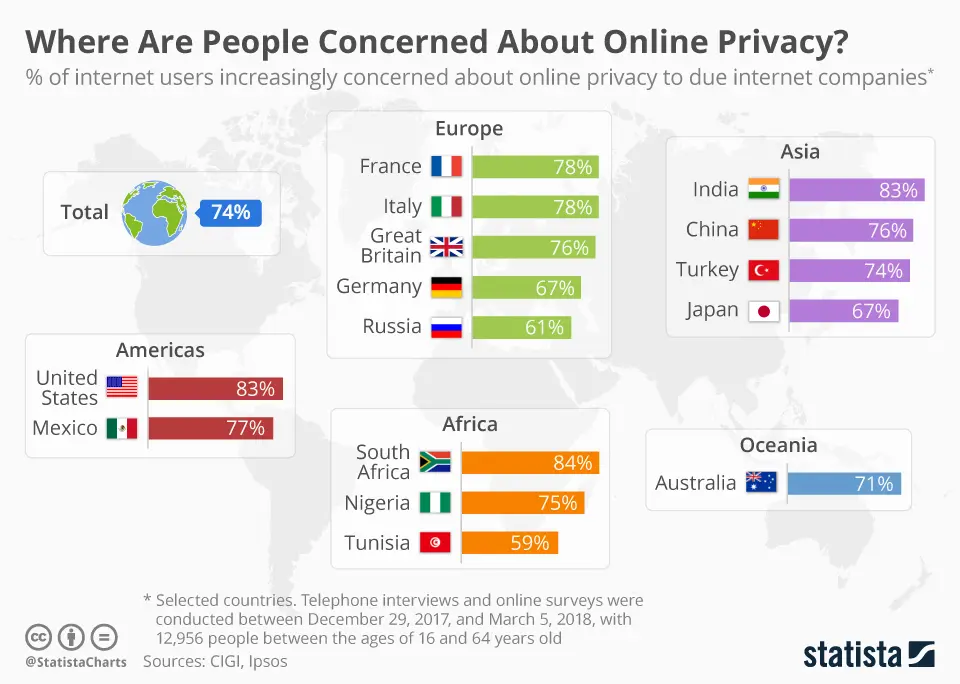
Moonpreneur
Children are growing up in a digital age today, and it is natural for them to want to surf the internet on various devices such as phones and computers. Since its inception, the internet has changed how we learn, communicate and make friends.

Did you know that at least 36% of teens in the US use the internet and social media platforms? When your child is old enough to use digital platforms, you should help them understand how to navigate the internet carefully instead of refraining from using it.
Recommended Reading: Why Should You Teach Cyber Security to Your Child?
What is digital citizenship?
As a parent, you are responsible for teaching your children to use social media and other online platforms responsibly and respectfully. That is what digital citizenship entails. You should follow the rules and regulations of any platform you might use, just like you follow the constitution in real life.
The goal of digital citizenship is to make your children adhere to online laws and regulations and exhibit respect toward others in the digital world. In addition, it enables children to leverage technology to improve their lives without causing harm to themselves or others.
Why should you teach your kids to be responsible digital citizens?
Teaching your kids to be responsible digital citizens is the need of the hour. Experts cannot stress enough how, as a parent, you should make it your priority to be the first one to engage them in a conversation about why being responsible on the internet is crucial.

Kids will learn what information is appropriate to share with strangers online and what is not. They will also understand that not everyone online will treat them nicely, and they will have to deal with it. For example, if someone makes a rude remark, they will know when to approach you and ignore it to not let it negatively impact their mental health.
Ways to teach your kids to become good digital citizens?
Your child is never too young to learn about digital citizenship; the earlier you start teaching them about it, the more responsible they will be. Here are a few ways you can teach your kids to become better digital citizens:
1. Teach Online Etiquette
You should teach your kid that there is a person, just like them, at the other end of the screen. Emphasizing being kind and respectful toward other people should be the norm when engaging in online conversations with other users. Include social-emotional learning activities into your teaching to assist your kids in developing social awareness and empathy for others.

Keep in mind that social-emotional skills are acquired through instruction and interaction. Utilize appropriate activities in your lessons to facilitate the development of abilities applicable both offline and online.
2. Protecting Privacy
Numerous websites demand excessive and sensitive personal data, and it’s crucial to educate your children on safeguarding their data and its significance before they share any personal information online. Guide your kids in understanding the details they should keep confidential.

Protecting personal data like their home address, email address, phone numbers, payment information, etc., is important, and they should be aware of how sensitive this information can be.
3. Staying Safe Online
Staying safe online from malware and virus attacks by using password protection and only accessing websites with SSL certifications is essential. They should also be aware of various online scams that are running rampant on the internet. Identifying and learning to avoid such scams is a lesson you should teach your children.
You should let them know that if they encounter anything suspicious, they should come to you first before engaging in anything.
4. Media Literacy
To enhance media literacy among students, you can educate them on recognizing clickbait titles and email subject lines. You must emphasize highlighting any potential risks involved.
Guide them in identifying other indicators that can assist them in determining whether to click on something. Instruct them to verify the sender’s authenticity before opening a suspicious-looking email. Provide clear instructions on identifying and refuting fake news.
5. Digital Footprint:
Every person who uses the internet leaves a digital footprint. So you should tell your child that authorities can track them down if they engage in malicious practices online. In addition, you should teach them that whatever they share online will be around forever, even if they delete it. Deleting will make them feel safe, but it might be a false sense of security.
Wrapping up!
It is inevitable for your kid to go on the internet and browse through it sooner or later. As a modern-day parent, you should know how they spend their time online and teach them to be a good digital citizen.
Moonpreneur is on a mission to disrupt traditional education and future-proof the next generation with holistic learning solutions. Its Innovator Program is building tomorrow’s workforce by training students in AI/ML, Robotics, Coding, IoT, and Apps, enabling entrepreneurship through experiential learning.

























